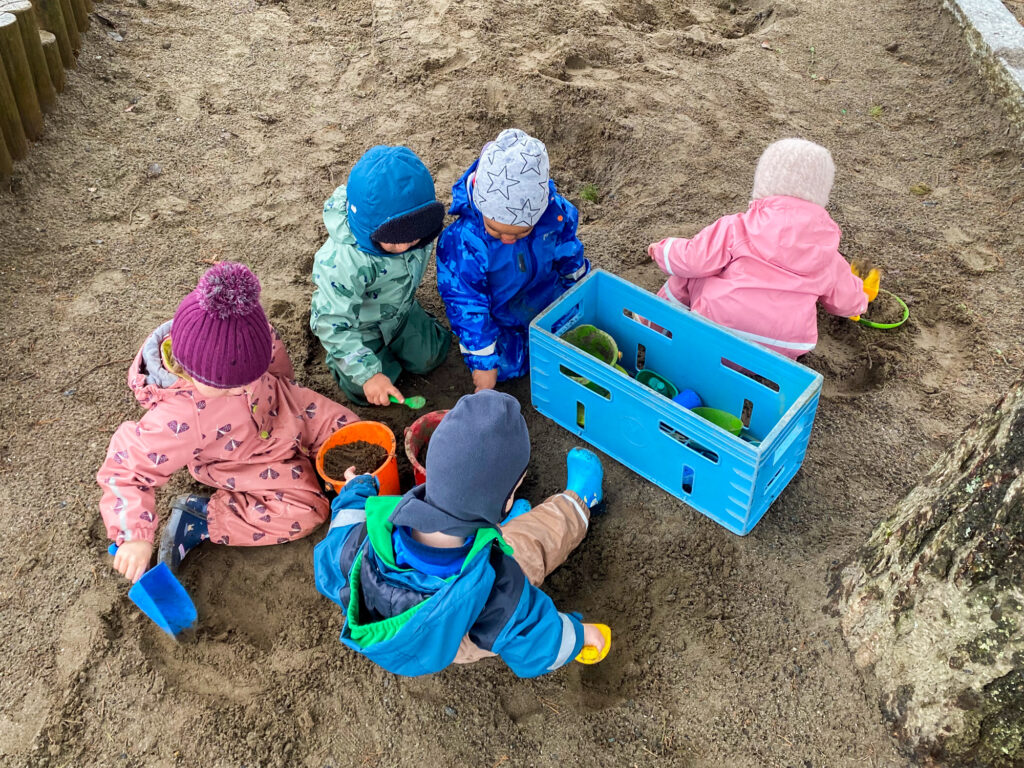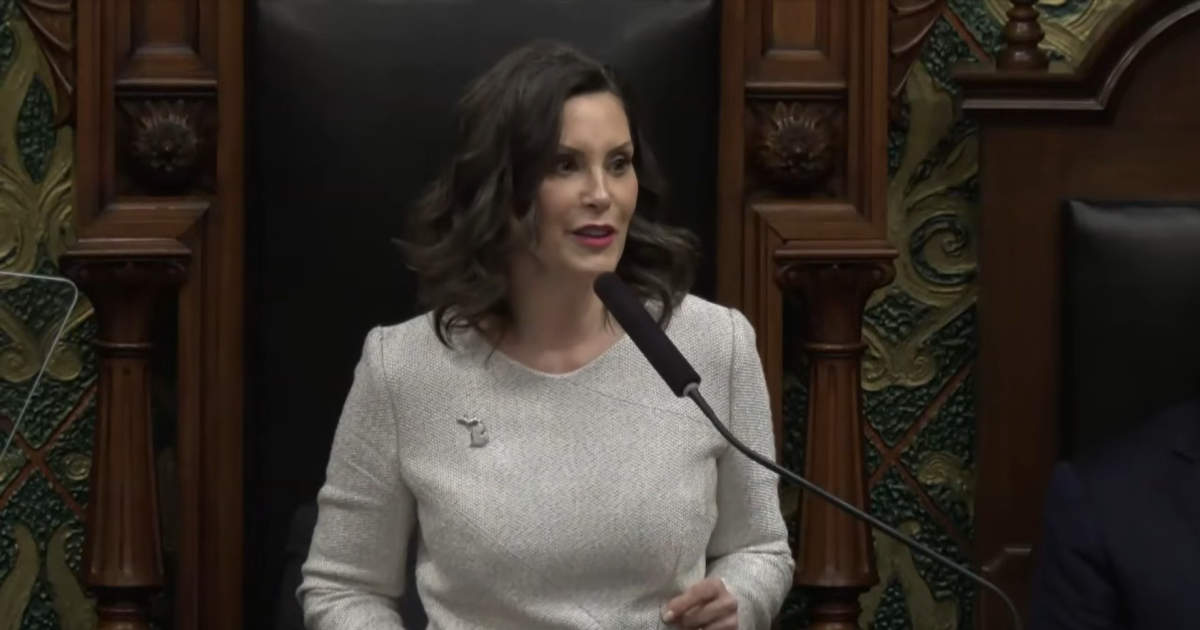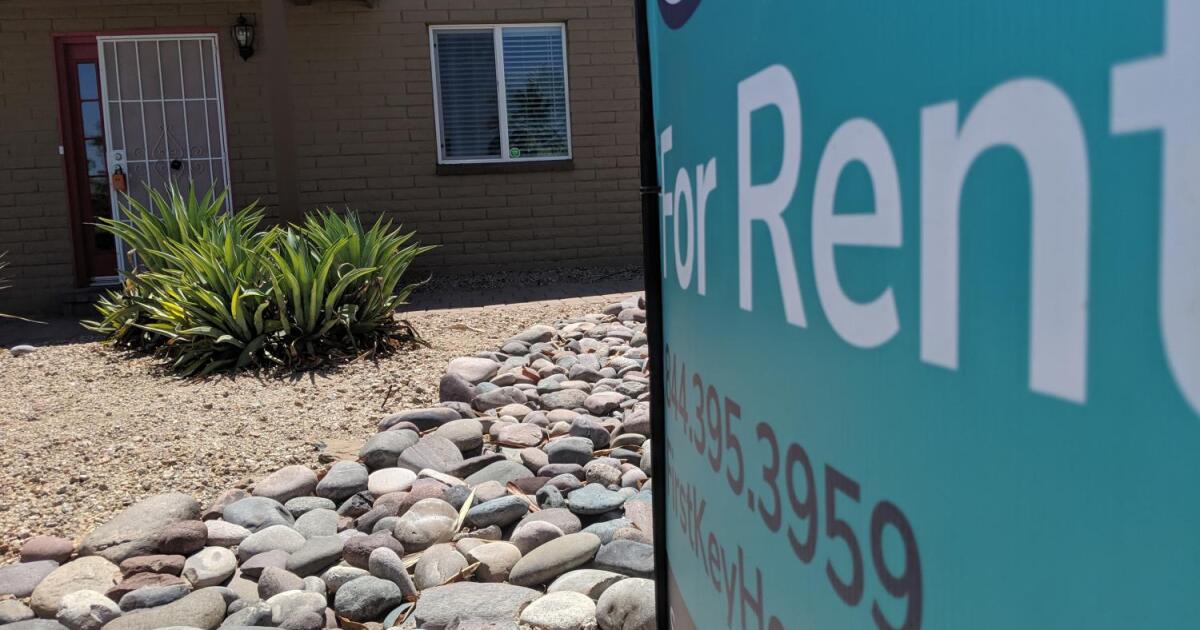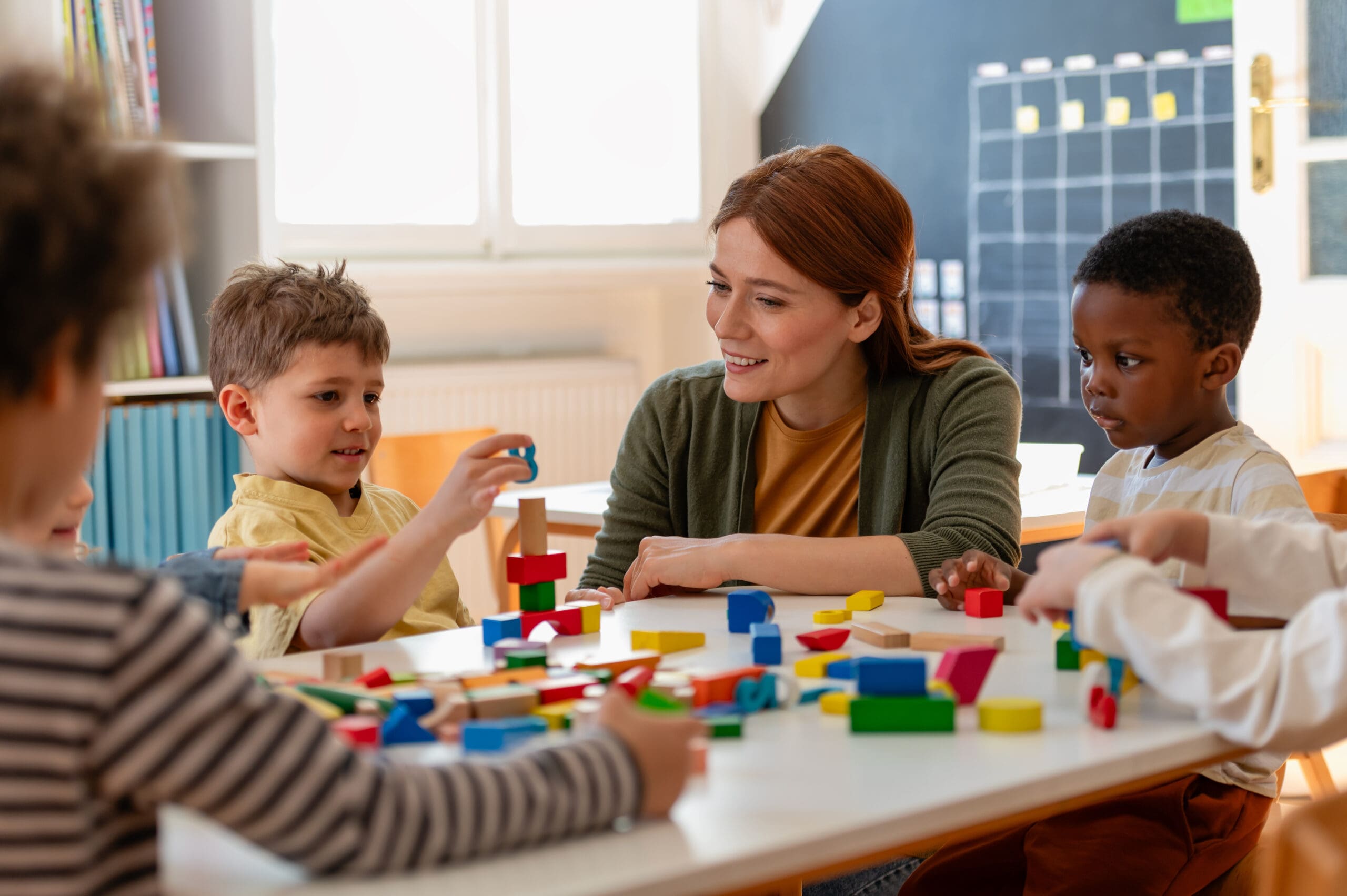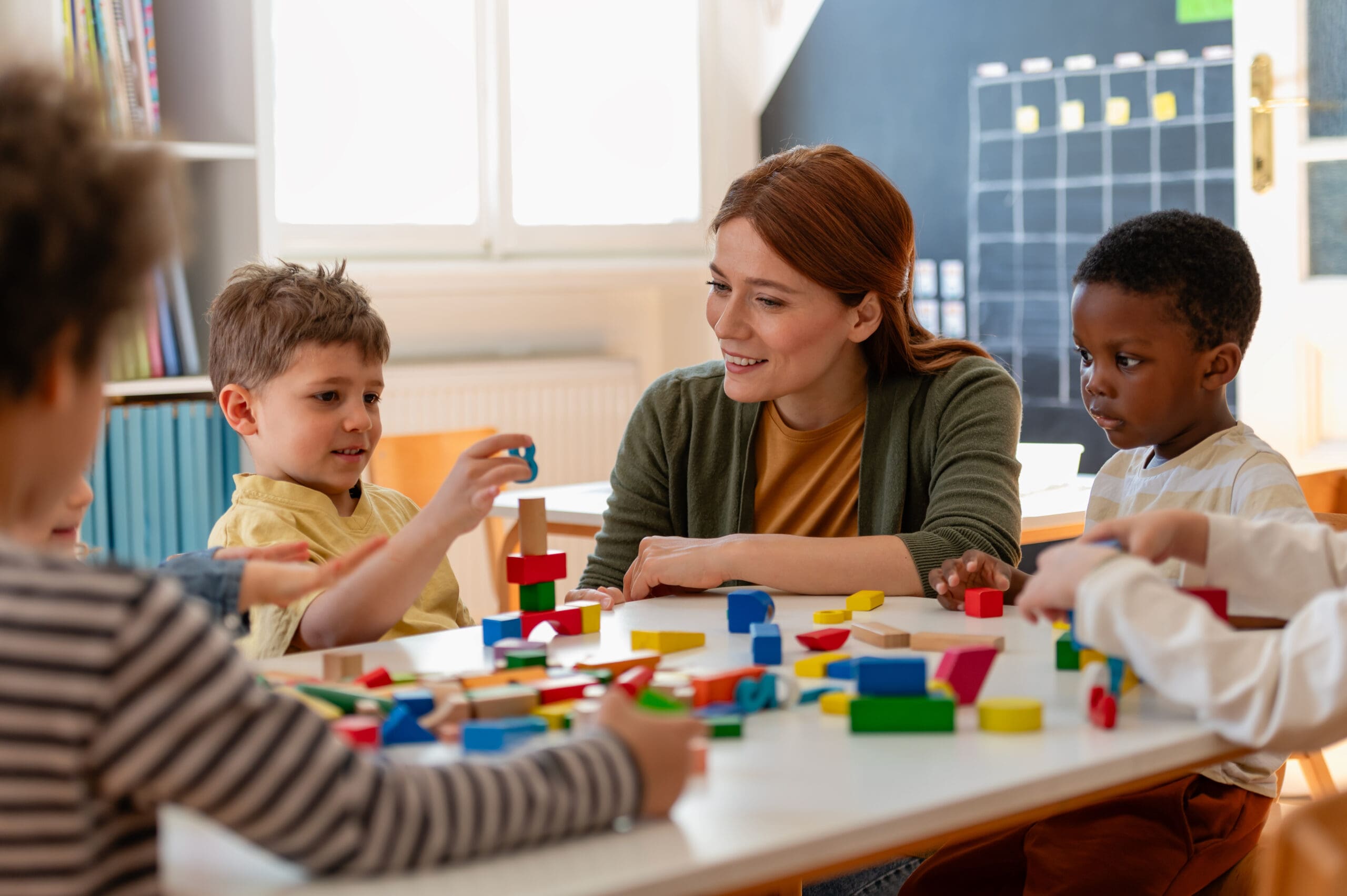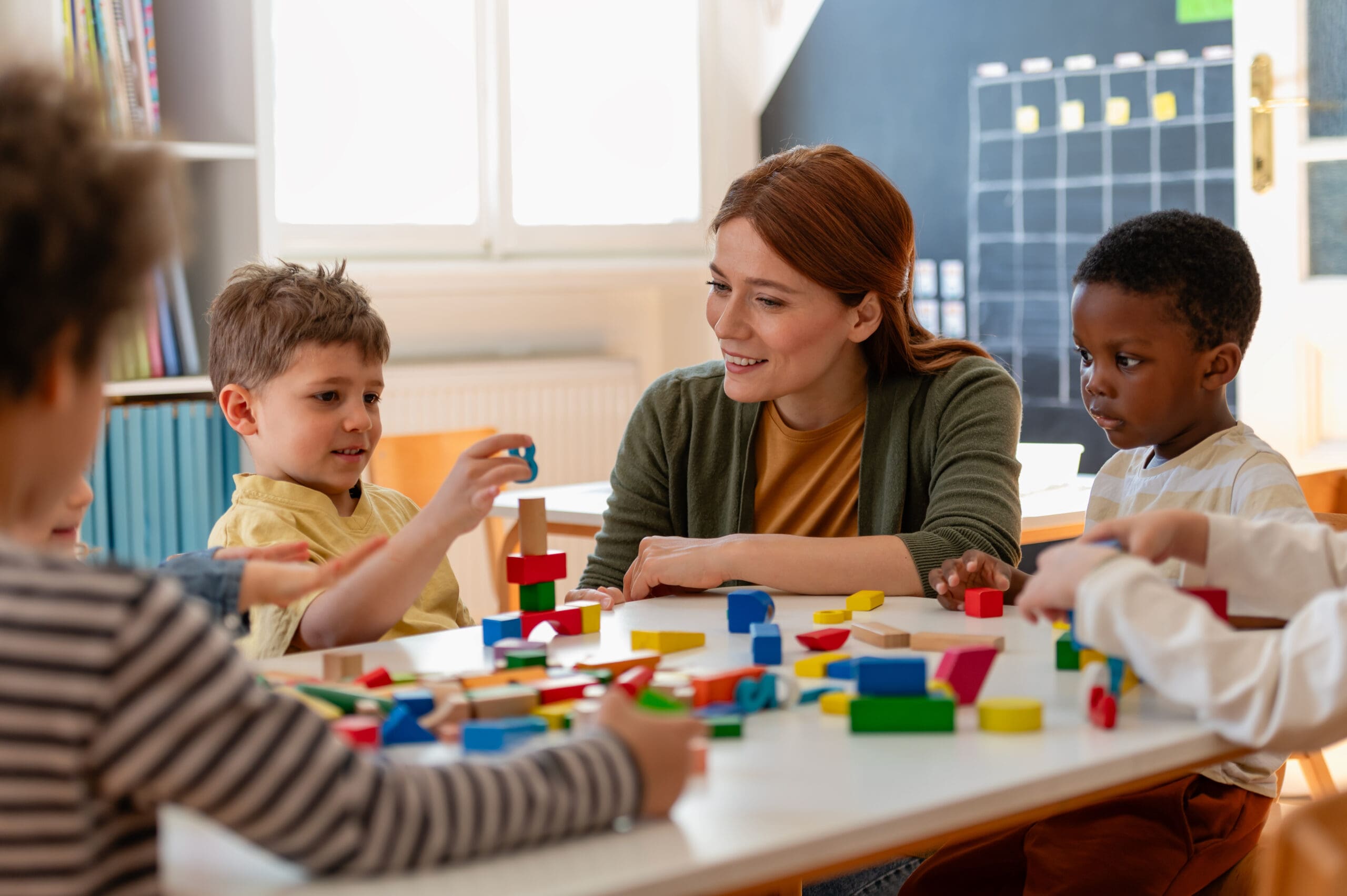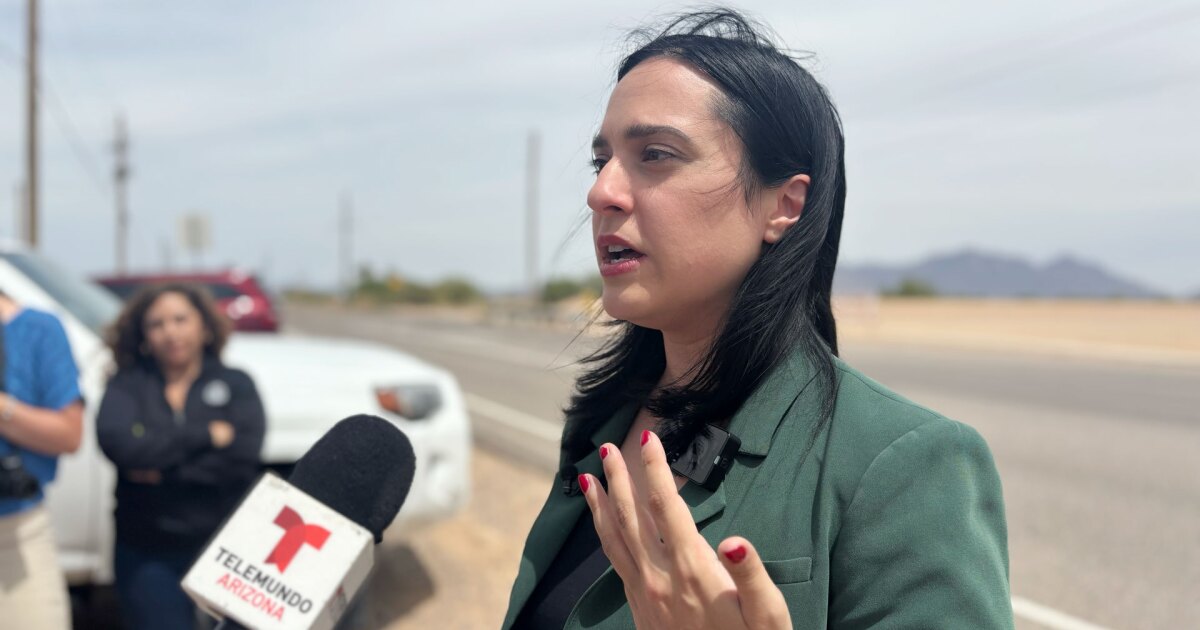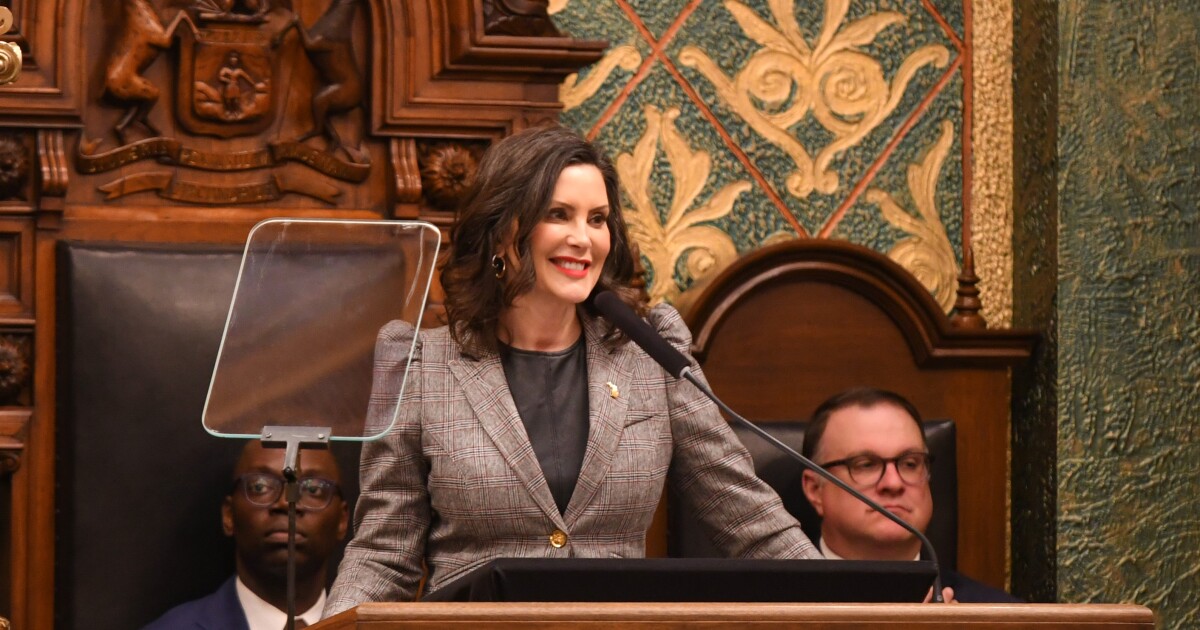OSLO — In July 2011, a car bomb exploded near Robert Ullmann’s office, just blocks away from Oslo’s government complex, Regjeringskvartalet. The attack, which shattered glass and killed eight while injuring over 200, was a shocking event for Norway. Ullmann, head of Kanvas, a nonprofit managing 64 child care programs in Norway, was profoundly affected by this act of violence.
Standing by a window overlooking Møllergata street, Ullmann reflected on how such extremism could emerge. In his work with children, he emphasized the importance of inclusion. “What’s important is that everyone feel they’re included,” he said.
Norway’s approach to child care aims to foster joyful and inclusive childhoods, rather than merely preparing children for school. Known locally as “barnehagen,” the philosophy emphasizes protecting the sanctity of childhood.
Henrik D. Zachrisson from the University of Oslo noted, “A really important pillar of Norway’s early ed philosophy is the value of childhood in itself.” This view contrasts with the U.S., where child care is often seen as a necessity for working parents.
In south Oslo at Preståsen Kanvas-barnehage, children engage in inclusive play, with disabled children participating alongside others. This reflects Ullmann’s belief that child care should help level social inequities.
Norway invests heavily in early childhood education, with the government covering 85% of operating costs. Tuition is capped at 2,000 kroner monthly, with discounts for additional children, making it affordable and accessible.
Children in Norway are guaranteed a spot in kindergarten from age 1, providing a structured yet flexible environment. The Kindergarten Act mandates programs to acknowledge childhood’s intrinsic value, emphasizing creativity and inclusion.
Outdoor play is a staple of Norwegian child care, with children spending significant time outside. This approach, known as “friluftsliv” or “outdoor life,” is linked to Norway’s high happiness ratings.
In Oslo, initiatives like Språksterk aim to enhance language skills among immigrant children, reflecting the country’s focus on addressing social inequalities.
Norway’s early childhood policies support well-being and societal contribution, ranking high in international measures of child and family welfare. The approach relies on trust and a commitment to equal opportunities for all children.
Related: What America can learn from Canada’s new ‘$10 a Day’ child care system
—
Read More Kitchen Table News

